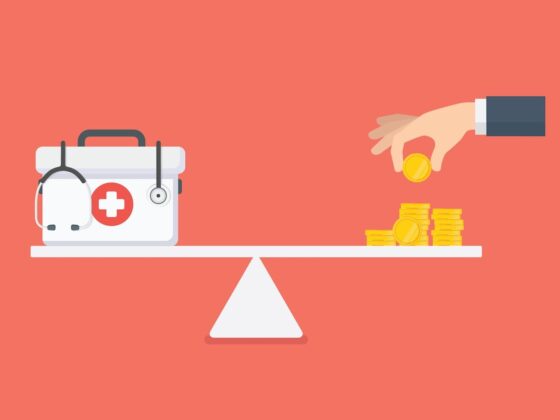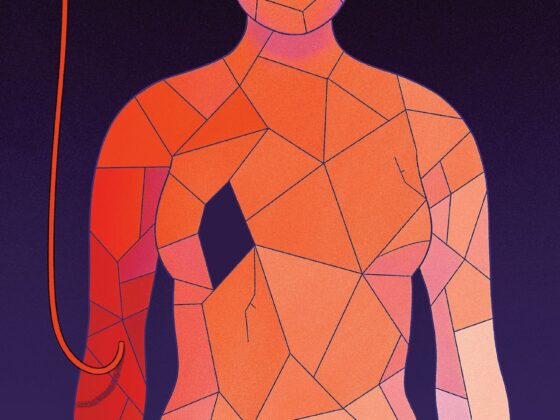Drinking several cups of coffee every day may be linked to a lower risk of developing prostate cancer. The meta-analysis study, published in BMJ Open, (11 January) found that each additional daily cup of coffee was associated with a 1% reduction in prostate cancer risk. However, the study should not be considered as giving men a freehand to drink limitless coffee as excessive caffeine consumption can cause negative health effects. A review, suggests that a moderate consumption of 400mg/day caffeine poses no significant health risks.
Coffee represents one of the most widely consumed beverages in the world, containing many bioactive substances including antioxidants from the beans (including polyphenols and diterpenes) and antioxidants produced during the roasting process. In previous studies, coffee consumption has been linked to a lower relative risk of liver, bowel, and breast cancers. Inconsistent associations, however, have been found for the link between coffee intakes and risk of prostate cancer, with some studies not detecting any such associations and others suggesting lower risks of localised and advanced prostate cancer relating to increased intakes.
Since coffee is such a popular drink, the authors reason, even a small individual health effect might exert substantial overall public health benefits.
For the study, Kefeng Wang, (Shengjing Hospital of China Medical University, Liaoning, China), Wang and colleagues undertook a literature search identifying 16 prospective cohort studies evaluating the association of coffee consumption with the risk of prostate cancer. The studies, taking place in North America (n=7), Europe (n=7), and Japan (n=2), included 1,081,586 men, of whom 57,732 went on to develop prostate cancer. To measure coffee consumption, 11 studies used food-frequency questionnaires and five self-administered dietary questionnaires. Most studies adjusted for potential confounders, such as age, family history, race, cigarette smoking, alcohol consumption, and physical activity.Results of the pooled analysis showed that in comparison with the lowest category of coffee consumption, the highest category was associated with a reduction in prostate cancer of 9% (RR 0.91, 95%CI 0.84 to 0.98, I2=53.2%). The investigators further found that each additional daily cup was associated with a reduction in risk of 1% (pooled RR 0.988, 95%CI 0.981 to 0.995).
Exploring the different types of diagnosis, the investigators found that for localised prostate cancer the reduction was 7% (RR 0.93, 95%CI 0.87 to 0.99); for advanced prostate cancer 12% (RR 0.88, 95%CI 0.71 to 1.09); and for fatal prostate cancer 16% (RR 0.84, 95%CI 0.66 to 1.08).
Plausible biological mechanisms for the findings, highlighted by the authors, include coffee improving glucose metabolism, decreasing concentrations of plasma insulin and insulin-like growth factor-1, having anti-inflammatory and antioxidant effects, and influencing levels of sex hormones. The influence on sex hormones may relate to caffeine content. A nested case-control study found that caffeinated coffee intakes were associated with increased sex hormone-binding globulin (SHBG) levels, but that the effect was not observed for decaffeinated coffee.
The findings, write the authors, need to be interpreted with caution since the amount of coffee consumed may have been misclassified as it depended on subject recall, and the type of coffee and brewing methods used varied between studies. Additionally, due to the observational design of the included cohort studies, unmeasured or uncontrolled factors in the original studies may have skewed pooled risk estimates. “If the association is further proved to be a causal effect, men might be encouraged to increase their coffee consumption to potentially decrease the risk of prostate cancer,” conclude the authors.
Carlo La Vecchia, Professor of Medical Statistics and Epidemiology at Università degli Studi di Milano, Italy, told Cancer World, “This study is an additional contribution that allows us to exclude any positive associations between coffee consumption and excess prostate cancer deaths. However, given the possibility of observational study bias errors, the suggestion higher intakes of coffee protect against prostate remains open to discussion.” One example of reverse causation, he adds, is the possibility that men with prostate cancer limit their coffee intake due to its pro diuretic effects.
Photo credits: Thomas Noonan












